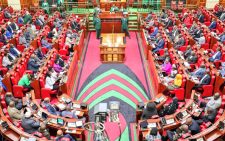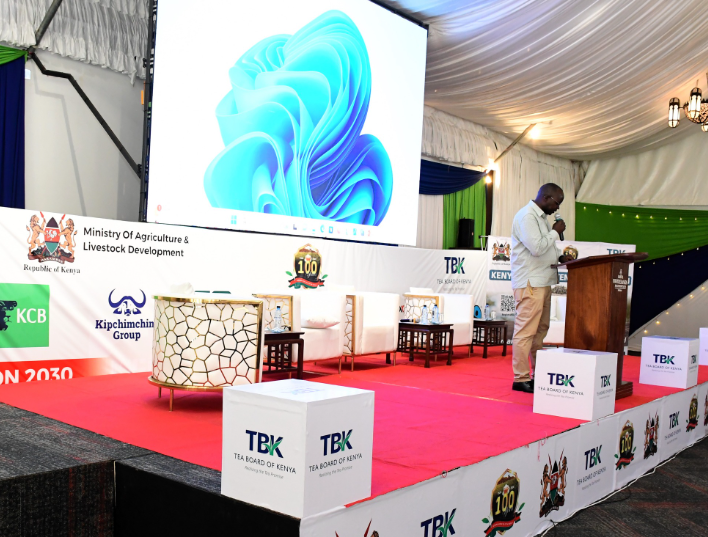Alcohol and cigarette manufacturers are staring at another hit by a hike in production costs after the National Treasury proposed to almost double excise stamp fees effective March 2023 as the government races to beat revenue collection targets.
Should the proposal by the Excise Duty (Excisable Goods Management Systems) (Amendment) Regulations, 2023 sail through, the prices of tax stamps on beer, wines and spirits, and tobacco products will be Sh5 each, representing a 79 per cent increase from the previous Sh2.8 rate. Stamps affixed to bottled water will also increase by a similar margin while that for cosmetics have been hiked by over 300 per cent from Sh0.6 to Sh2.5 per stamp collectable by the Kenya Revenue Authority (KRA).
The increase in the excise stamp costs means firms such as British America Tobacco (BAT) and East Africa Breweries Ltd (EABL) will be facing additional tax expenditures, aggregating their production costs which are already saddled by the cost of fuel and other raw materials.
Experts warn that while the increase in excise taxes, also known as the “sin” tax, could be a way of reducing alcohol and tobacco usage, it could dent the economy through thriving illicit trade due to huge price differentiation with the neighbouring countries.
“An unintended consequence of an arbitrary increase in the excise taxes applicable to nicotine delivery services and liquid nicotine could be accessing the illegal market for cigarettes by smokers,” says Researcher Maureen Barasa.
Supply chain
The stamps often allow KRA to tackle counterfeiting of goods and track the movement of goods along the entire supply chain, with its security features constantly reviewed to save billions lost through tax cheats. The new stamp costs are expected to be passed on to end users through hiked prices of the consumer goods, just like other tax charges like the inflationary adjustments on excise goods that came into force last October.
The move to continue targeting excise products with new tax hikes indicates Kenya’s attempt to bolster its revenue collections, with excise products always being the easiest target for the National Treasury whenever taxes are being revised upwards.
Revenue collection fell below target for the second time by Sh19.1 billion by November 2022, having faced a similar setback in the first quarter ending September 202.
– Herald Aloo



















